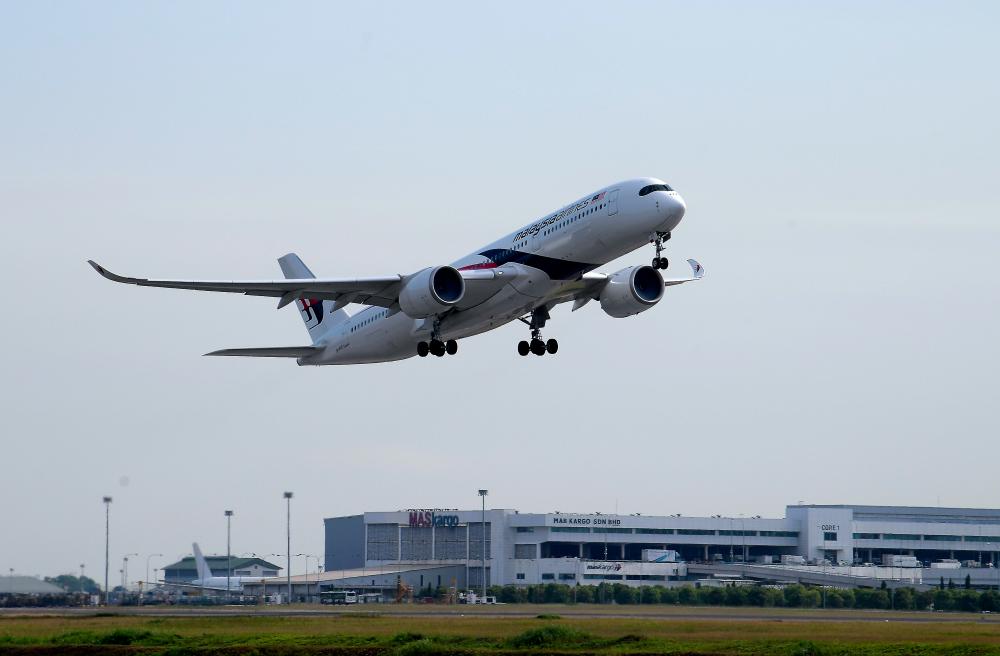
Several major international carriers have revised their schedules, opting to bypass airspace over volatile areas. This move aims to mitigate risks associated with the ongoing conflict and ensure passenger safety. Airlines including British Airways, Lufthansa, and Emirates have either suspended or rerouted flights that would typically traverse the affected regions.
The changes in flight patterns are driven by heightened security alerts and advisory notices from governments and international aviation authorities. These advisories caution against flying over certain zones, reflecting the instability in the region. The adjustments are not limited to flights directly to Israel but also affect broader Middle Eastern airspace, underscoring the widespread impact on aviation.
Travelers have been facing disruptions as a result. Cancellations and rerouting have caused delays and inconveniences for passengers, particularly those heading to and from Israel. The situation has prompted airlines to offer refunds or rebook flights to alternative routes, though availability remains limited amid the crisis.
This situation follows a series of incidents and escalations in the Middle East, including military conflicts and political instability. The ongoing unrest has heightened concerns about potential threats to aircraft safety, prompting airlines to take precautionary measures.
Aviation experts emphasize that such rerouting is a common response to regional instability. By avoiding affected airspace, airlines aim to reduce potential risks and ensure compliance with international safety regulations. The realignment of flight paths reflects the broader challenges faced by the aviation industry in navigating volatile geopolitical climates.
Travel industry observers note that while these measures are necessary for safety, they also highlight the delicate balance airlines must maintain between operational efficiency and risk management. The impact on travel schedules underscores the broader implications of geopolitical tensions on global transportation networks.
As the situation evolves, airlines will continue to adjust their operations based on the latest developments and advisories. Travelers are advised to stay informed about potential disruptions and check with their carriers for updates on flight statuses and alternative arrangements.
In the context of ongoing regional tensions, the aviation industry remains vigilant, with airlines and regulatory bodies working together to ensure the safety and security of air travel.
Topics
Spotlight
